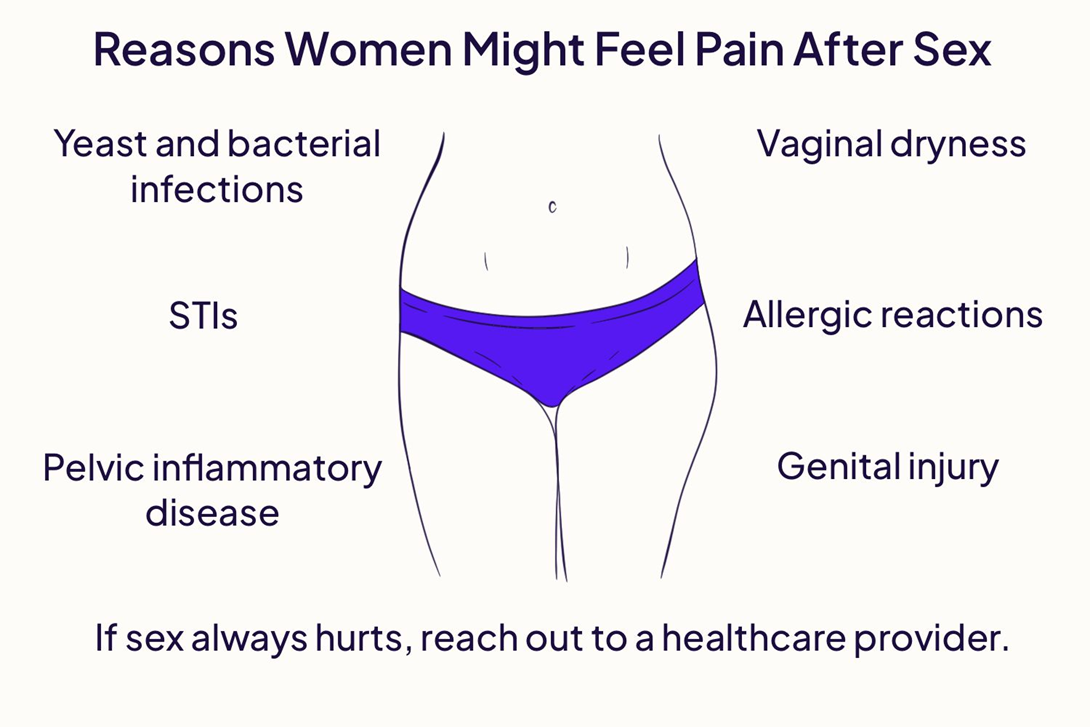A nurse is caring for a client who has a prescription for propranolol for the treatment of atrial fibrillation. Which of the following actions should the nurse take?
Withhold the medication if the systolic blood pressure is less than 90 mm Hg.
Request a dosage increase if the apical heart rate is less than 60/min.
Inform the client to expect increased hair growth.
Administer the medication with an antacid.
The Correct Answer is A
Choice A reason: Withholding the medication if the systolic blood pressure is less than 90 mm Hg is an appropriate action, as propranolol is a beta-blocker that can lower blood pressure and cause hypotension, which can impair tissue perfusion and cause dizziness, fainting, or shock.
Choice B reason: Requesting a dosage increase if the apical heart rate is less than 60/min is an inappropriate action, as propranolol can slow down the heart rate and cause bradycardia, which can lead to fatigue, weakness, or cardiac arrest. The nurse should monitor the apical pulse before administering propranolol and withhold it if it is less than 60/min.
Choice C reason: Informing the client to expect increased hair growth is an incorrect statement, as propranolol does not cause hypertrichosis or excessive hair growth. However, another beta-blocker, minoxidil, can cause this side effect.
Choice D reason: Administering the medication with an antacid is not an appropriate action, as antacids can interfere with the absorption of propranolol and reduce its effectiveness. The nurse should administer propranolol on an empty stomach or with food that does not contain antacids.
Nursing Test Bank
Naxlex Comprehensive Predictor Exams
Related Questions
Correct Answer is A
Explanation
Choice A reason: Urinating before and after sexual intercourse can help flush out any bacteria that may have entered the urinary tract during sexual activity, and prevent them from causing an infection.

Choice B reason: Increasing milk consumption to make the urine more alkaline is not a recommended instruction, as it may increase the risk of developing kidney stones or calcium deposits in the urinary tract.
Choice C reason: Emptying the bladder at least every 4 hours is a good practice, but not sufficient to prevent urinary tract infections. The nurse should also advise the client to drink plenty of fluids, especially water, to dilute the urine and flush out bacteria.
Choice D reason: Using vaginal douche once a week is not a recommended instruction, as it may alter the normal flora of the vagina and increase the risk of infection. The nurse should advise the client to avoid using any products that may irritate the genital area, such as perfumed soaps, sprays, or powders.
Choice E reason: Drinking cranberry juice daily is not a proven method to prevent urinary tract infections, although some studies suggest that it may have some benefits. The nurse should inform the client that cranberry juice may interact with some medications, such as warfarin, and that it may also increase the acidity of the urine, which can cause discomfort or burning sensation.
Correct Answer is B
Explanation
Choice A reason: The thigh-high stockings should reach just below the gluteal folds, not above them. If the stockings are too high, they can cause constriction and impair circulation.
Choice B reason: Reapplying the stockings before getting out of bed is an appropriate action. The client should remove the stockings at night and inspect the skin for any signs of irritation or breakdown. The client should also elevate the legs for 15 minutes before putting on the stockings to reduce edema and improve venous return.
Choice C reason: Flexing the toes when applying the stockings is not an appropriate action. The client should point the toes and foot downward when applying the stockings to prevent wrinkles or folds that can cause pressure ulcers.
Choice D reason: Rolling down knee-high stockings slightly to provide comfort is not an appropriate action. The client should avoid rolling or folding the stockings as this can create a tourniquet effect and impair blood flow.
Whether you are a student looking to ace your exams or a practicing nurse seeking to enhance your expertise , our nursing education contents will empower you with the confidence and competence to make a difference in the lives of patients and become a respected leader in the healthcare field.
Visit Naxlex, invest in your future and unlock endless possibilities with our unparalleled nursing education contents today
Report Wrong Answer on the Current Question
Do you disagree with the answer? If yes, what is your expected answer? Explain.
Kindly be descriptive with the issue you are facing.
